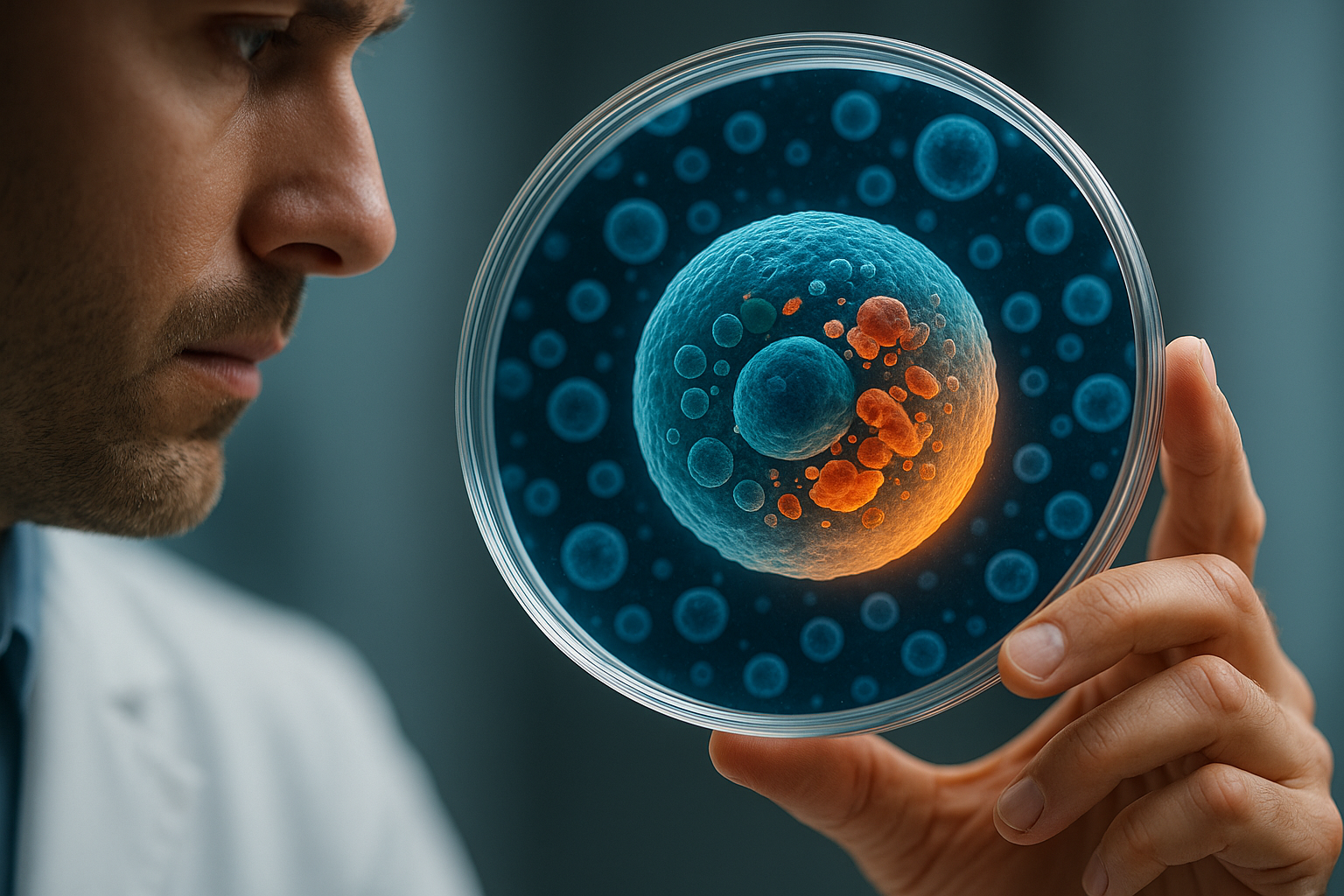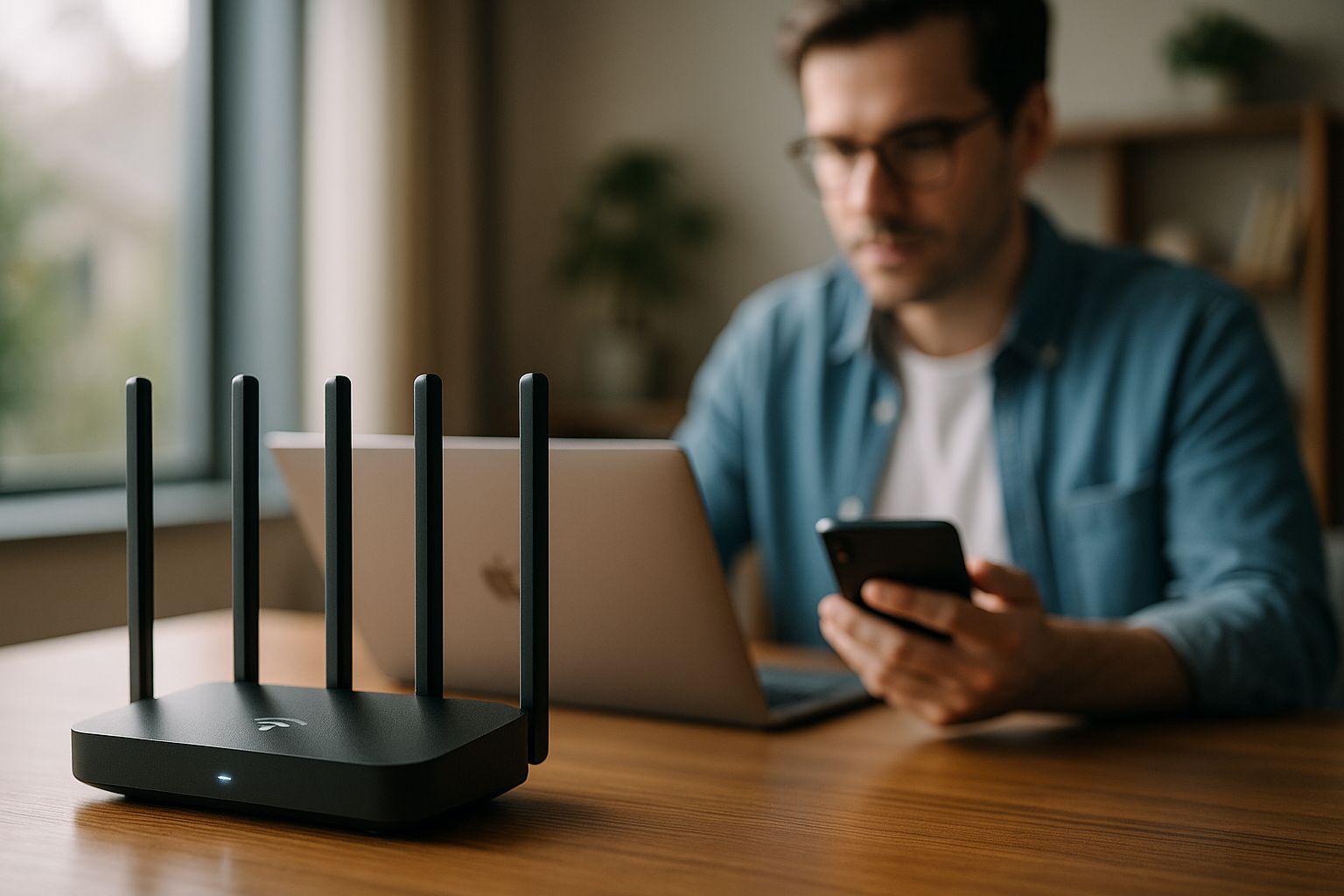Unraveling the Mysteries of Autophagy: The Body's Ultimate Detox
Autophagy, a term derived from Greek, meaning "self-eating," is a cellular process that has captivated the scientific community for its remarkable impact on health and longevity. As a natural detox method, autophagy aids in the removal of damaged cells, paving the way for regeneration. But what exactly is this intriguing process, and how can we leverage it for better health? Let's delve into the fascinating world of autophagy.

Autophagy, a groundbreaking discovery in the field of cellular biology, has been a game-changer in understanding how our bodies maintain health at the cellular level. The process of autophagy involves the body’s cells cleaning out damaged parts, enabling the recycling of cellular components and efficient functioning. This natural detoxification method is not only crucial for cell health and longevity but also plays a significant role in preventing diseases such as cancer and neurodegenerative disorders.
The Science Behind Autophagy
The concept of autophagy was first introduced in the 1960s, but its significant implications for health and disease have only recently been recognized. In 2016, Yoshinori Ohsumi was awarded the Nobel Prize in Physiology or Medicine for his discoveries of mechanisms for autophagy, shedding light on a fundamental process in our cells that can be harnessed for better health.
Autophagy is a response to stress or nutrient deprivation. When our bodies experience such conditions, autophagy removes unnecessary or dysfunctional components, allowing the recycling of cellular resources. By doing so, it provides the essential building blocks needed for maintaining cellular functions and adapting to changing conditions.
Autophagy and Its Health Implications
Research suggests that autophagy can help prevent diseases like cancer, diabetes, neurodegenerative disorders, infections, and heart disease. When functioning correctly, autophagy acts as a kind of quality control, removing damaged proteins and organelles that could potentially harm the cell.
However, autophagy’s relationship with disease is complex. While it can protect against cancer by removing damaged proteins and organelles, a deficiency in autophagy can lead to an accumulation of damaged cells, potentially promoting cancer development. Similarly, while autophagy can protect against neurodegenerative diseases by removing harmful proteins, excessive autophagy may contribute to cell death and disease.
How to Promote Autophagy
While more research is needed to fully understand the complexities of autophagy, certain lifestyle practices are thought to promote this process. These include regular physical exercise, a balanced diet, proper sleep, and stress management. Specifically, practices such as intermittent fasting and high-intensity interval training (HIIT) have been shown to induce autophagy.
Quick Insights on Autophagy
-
Autophagy is a cellular process that helps remove damaged parts of cells, aiding in detoxification and disease prevention.
-
The process is induced by stressors such as nutrient deprivation and is crucial for maintaining cellular health.
-
Lifestyle practices like regular exercise, balanced diet, adequate sleep, and stress management can promote autophagy.
-
Intermittent fasting and high-intensity interval training (HIIT) can also trigger autophagy.
In conclusion, autophagy, the body’s natural detox process, offers exciting potential for enhancing health, longevity, and disease resistance. By understanding and harnessing this cellular process, we can empower ourselves to live healthier, more vibrant lives. The mystery of autophagy is gradually being unraveled, bringing with it the promise of a new paradigm in health and wellness.




